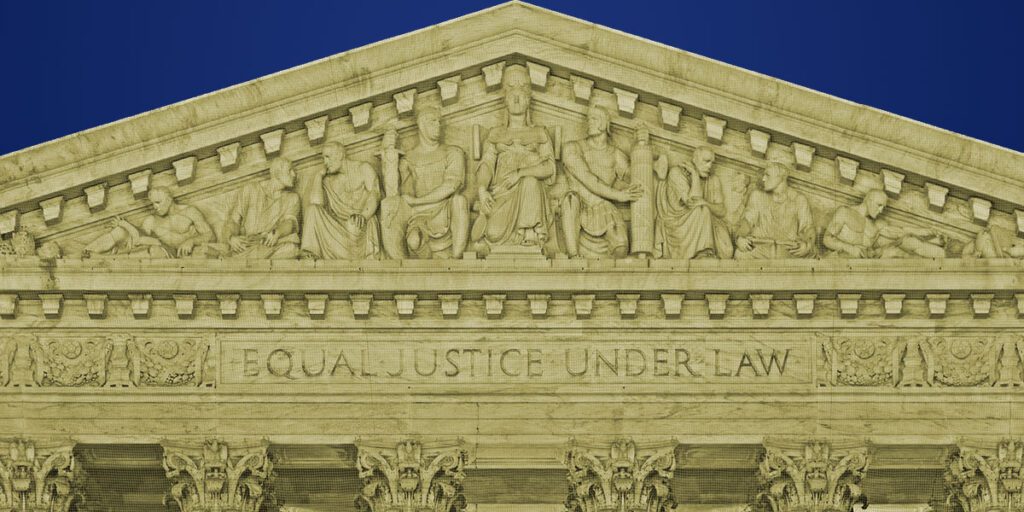The recent Supreme Court ruling in Free Speech Union v. Paxton significantly impacts adults’ rights to freedom of speech online. The court upheld Texas law HB 1181, which requires websites hosting "sexual material harmful to minors" to verify users’ ages through personal information, thus imposing burdens that can hinder access and privacy for adults. The decision establishes that age verification for specific sexual content will not face the stringent scrutiny previously applied in cases like Reno v. ACLU, effectively allowing states to create age restrictions that could block or limit adult access to legal content.
The ruling risks the anonymity and privacy of users, as many are uncomfortable submitting personal information online due to data breach fears. Websites might either block access for users in Texas or face challenges implementing age verification due to technical and financial constraints. Despite the ruling focusing on specific sexual material, it raises concerns that similar laws could proliferate in other states.
Critics argue that the Court misinterpreted the complexities of online age verification, which poses more significant security risks than in-person checks. Although the Supreme Court indicated that minors do not have a constitutional right to access such materials, this reasoning does not extend to general online platforms like social media, where both adults and minors share content.
In conclusion, while the ruling aims to regulate access to explicit content for minors, it poses a considerable threat to adult users’ rights. Advocacy for privacy and freedom of speech remains crucial in confronting the implications of this decision and its potential effects on internet use across the U.S.


